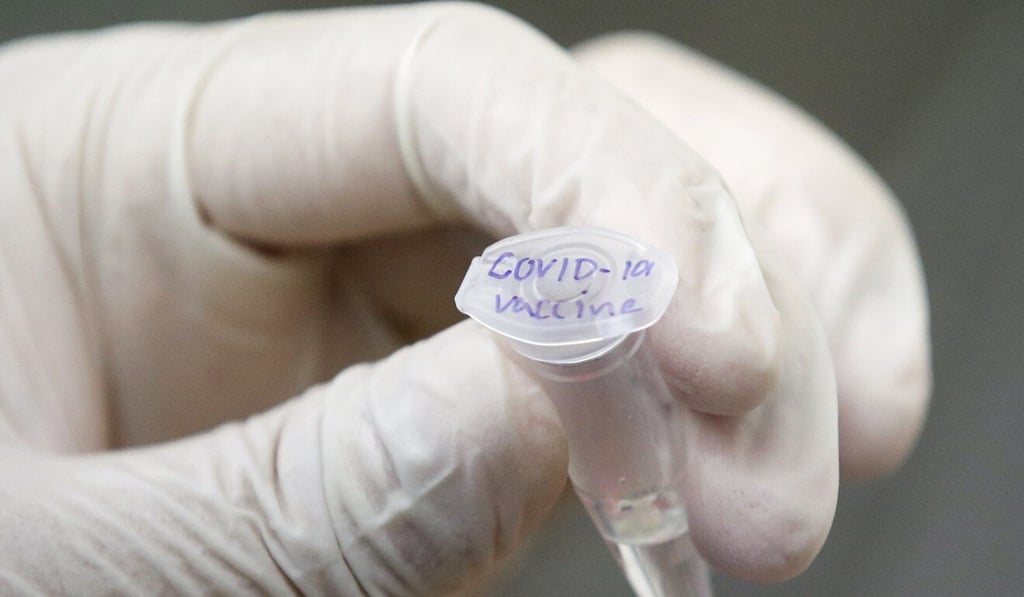Advertisement
Asian Angle | In the post-pandemic conflicts to come, Asia will have to fend for itself
- The race for a Covid-19 vaccine will leave the world divided and bereft of leadership
- To save lives, Asian countries should cooperate with China, Bangladesh, even North Korea
Reading Time:4 minutes
Why you can trust SCMP

With the scale and impact of the coronavirus pandemic, we are told to expect a different kind of world when lockdown and quarantine regimes are eventually lifted.
But almost certainly, the one aspect of life that will not change is a proclivity for conflict. Rather, existing divides between powers, regions, neighbouring countries and within societies will be exacerbated. New drivers of conflict will emerge.
An analogy could be made with the end of World War II, which gave birth almost immediately to the Cold War struggle between communist states and the Western powers. Thirty more years of war and suffering ensued, especially in Asia.
Advertisement
Therefore, there is an urgent need to anticipate emerging fault lines created by the Covid-19 pandemic and design new frameworks to contain and resolve them to prevent more death and suffering. A global consensus is unlikely, so Asia will have to fend for itself.

Advertisement
We see this already in the global race to find a Covid-19 vaccine. As soon as one emerges, there will be conflict over who gets it first. The French pharmaceutical giant Sanofi was forced to back down after announcing that the United States would have priority access to the vaccine it is developing, because it was first to fund the company’s vaccine-making effort.
Advertisement
Select Voice
Choose your listening speed
Get through articles 2x faster
1.25x
250 WPM
Slow
Average
Fast
1.25x